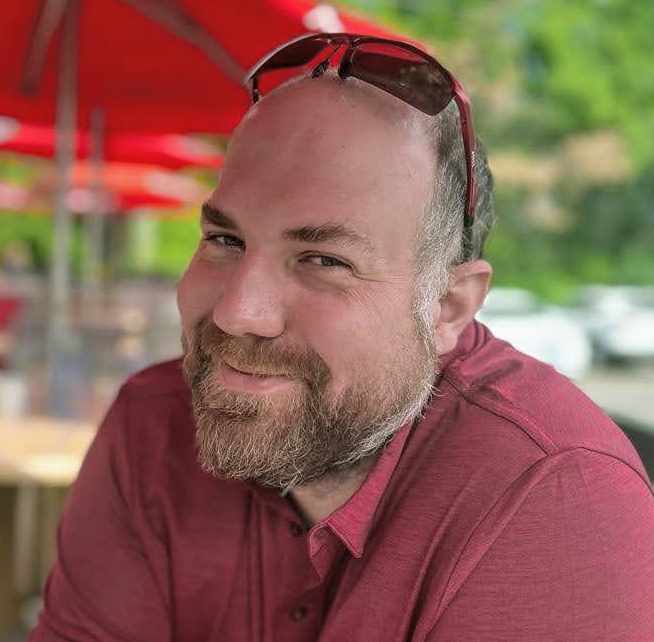I was talking about the positive aspects of religion with someone and they kept coming back to community as the best aspect of religion. I thought that was really interesting and something I could definitely understand. I personally have a skeptical view of the benefits of religion but the community aspect is something I hadn’t thought of and that I feel is missing living in a big city. In a small town, it’s relatively easy to find a community. I’m not sure why that is, but folks are very welcoming. In a large city, if you approach folks, they think you “want” something. Religion does seem like it could help people join a community of like minded people.
Now all that being said, I’m not sure if rather the conclusion shouldn’t be that we should be more open and willing to accept new people into our daily lives and incorporate them into our social circle. Why is it that it’s so hard to find a good circle of friends outside of work or school? If you think about it, a great majority of people share the same values. Most of those are actually the same shared by folks who are religious. Helping others out, compassion, friendship, making the world a better place.
And yet, when we meet people, do we assign those values to them? Why does there need to be something that links us (be it school, workplace, religion, board game community) before we open ourselves up and are open to people? Why are we so “scared” of the “others”? Is it really all the negative media? If so why do we keep wanting that kind of media? I’m a big believer that media doesn’t tell us what to think with what it gives us but rather that we tell media what we want it to feed back to us (especially online, where we can easily tell the difference between what people say they want to read or see vs what they actually decide to read or see).
All that to say, how can we create better communities? Thoughts?
